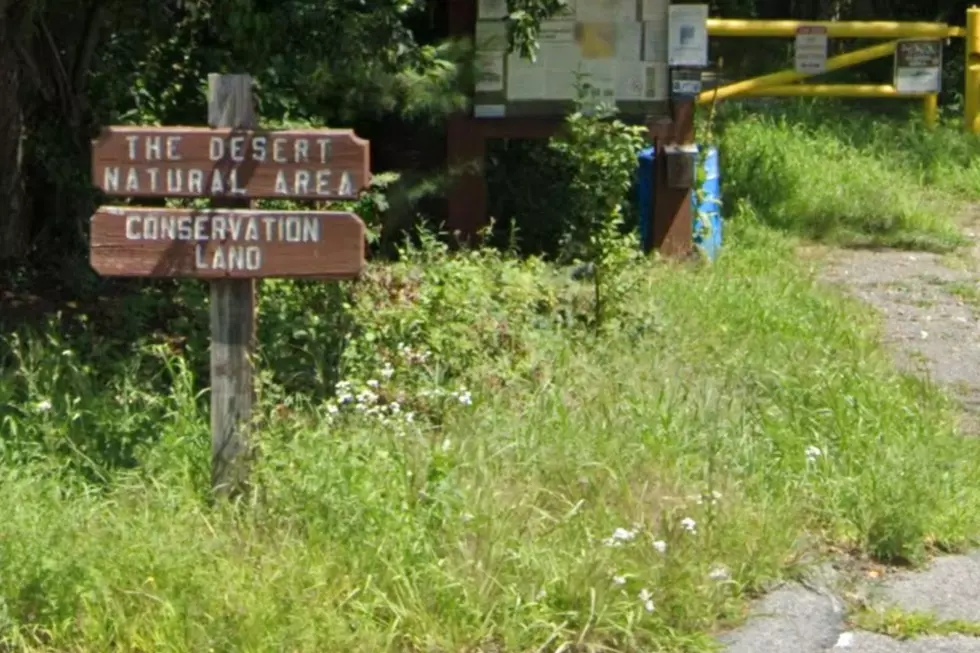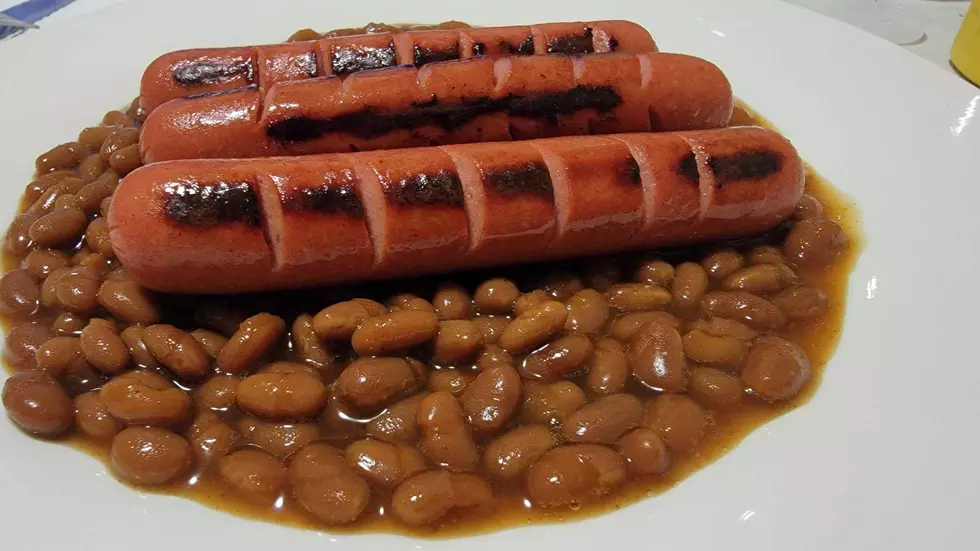
Mass. AG Healey Not Joining Purdue Pharma Legal Settlement
BOSTON — Under fire for its role in the opioid epidemic, the company that makes and sells OxyContin has reportedly agreed to a settlement with 22 state attorneys general and thousands of municipalities, but not Massachusetts Attorney General Maura Healey, who is pledging to continue her fight against Purdue Pharma.
The Washington Post reported Wednesday that Purdue Pharma is in agreement "with 22 state attorneys general and more than 2,000 cities and counties that sued the company and accused it of fueling the opioid crisis."
The Associated Press reported the settlement "is the same as one publicly reported several weeks ago" -- between $7 billion and $9 billion from Purdue Pharma, including some in the form of future proceeds from the sale of OxyContin after the company restructures through Chapter 11 bankruptcy, and $3 billion from the personal fortune of the Sackler family, which owns Purdue.
Healey, who had been opposed to that reported settlement offer out of concern that the Sacklers would not contribute enough of their own fortune, is not one of the attorneys general who signed onto the settlement, her office said.
"The families who were hurt by Purdue and the Sacklers have spoken loud and clear that this case demands real accountability, and I will continue to fight for that," Healey said in a statement Wednesday. "It's critical that all the facts come out about what this company and its executives and directors did, that they apologize for the harm they caused, and that no one profits from breaking the law. These families deserve justice."
Healey was not made available to the News Service on Wednesday, but her office said the attorney general will continue to pursue her case as filed in Massachusetts Superior Court and will go after both Purdue and the Sackler family in bankruptcy court if or when the company pursues that avenue.
Over the weekend, the Associated Press and National Public Radio reported that the Sackler family rejected demands that they forfeit $4.5 billion of their own money as part of the settlement. Previous reports had pegged the amount coming from the Sacklers' pockets in the proposed settlement at $3 billion over seven years and another $1.5 billion from the sale of another family-owned company.
Healey has declined to talk about the high-stakes settlement talks with the painkiller maker, but said in a statement last week that her office's suit against Purdue and the Sacklers is about "exposing the facts, making them pay for the harm they caused, and shutting them down for good."
Previous reporting on the potential settlement said that the Sackler family would relinquish ownership and control of Purdue Pharma, and the Connecticut-based drug manufacturer would then file for Chapter 11 bankruptcy and restructure itself as a "public beneficiary trust." Future profits from the company would flow to the plaintiffs. Purdue would also provide the addiction treatment drugs that it has under development to the public at no cost.
In June 2018, Healey filed the first state lawsuit against individual members of the Sackler family, as well as Purdue Pharma, alleging that they "engaged in a deadly, deceptive scheme to sell opioids in Massachusetts" and profited from the drug epidemic they helped create.
Healey's complaint alleges that Purdue "created the epidemic and profited from it through a web of illegal deceit" by misleading doctors and patients to get more people using their drugs, at "higher and more dangerous doses" and for longer periods of time, as well as by deploying falsehoods to keep patients away from "safer alternatives."
A total of 671 Massachusetts residents who filled prescriptions for Purdue opioids since 2009 later died of an opioid overdose, according to the suit. According to Healey's office, Purdue sent sales representatives to Massachusetts doctors offices, clinics and hospitals more than 150,000 times since 2008.
More From WBSM-AM/AM 1420









